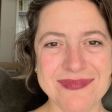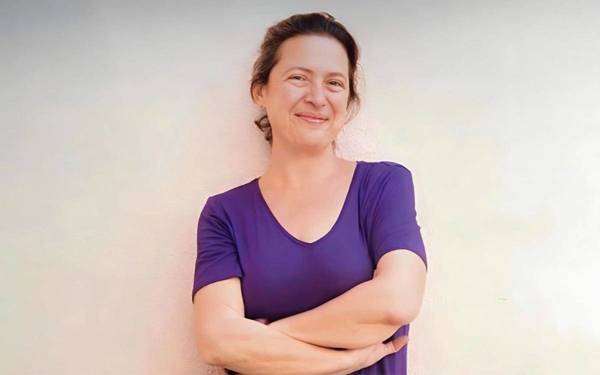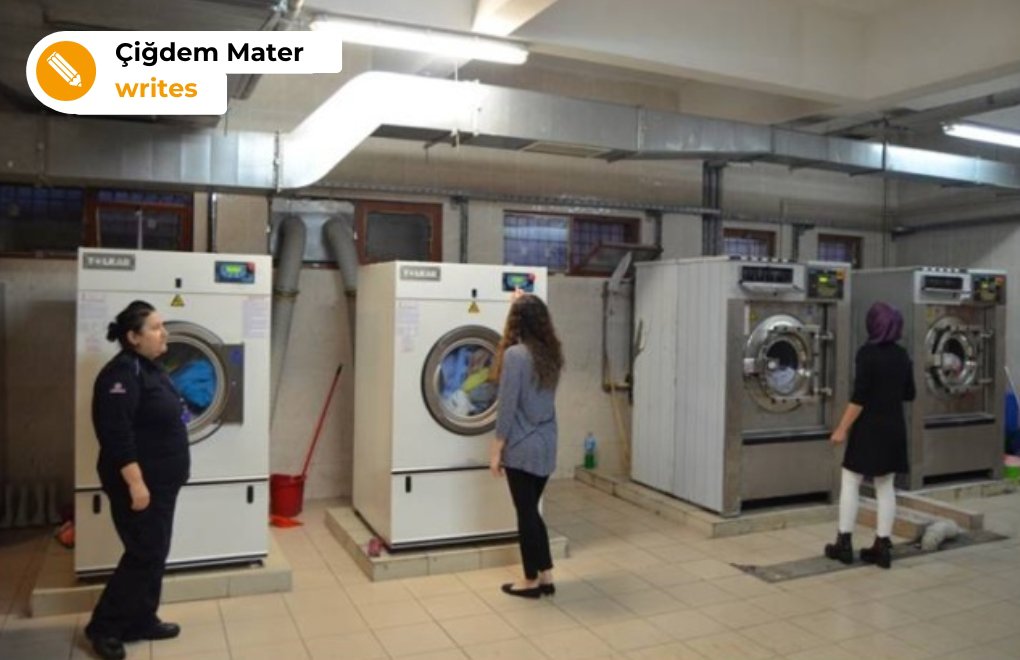He lost his brother
After checking in at the only hotel in Yuksekova, which, for some reason, is called the Oslo Hotel, we went to the municipality building to listen to the people who were waiting for us, who wanted to tell us about their lives.
Two young people died in Yuksekova in the events that occurred in the aftermath of the Semdinli incidents. One of them was a high school student, who was passing by to go home. His brother, while telling us about his loss, said the following sentence, which hit us hard: "He did not have a fault. If he did, we would say so..."
As I heard these words, I actually realized once again where I was. We are talking about a small town, where people see death as a form of punishment, and think it is normal for someone, who goes out in the streets or to a protest, to die.
He lost his son
Then a father, who lost his son in the same incidents, started talking. "I have three more children," said the father. "I will accept the death of all three if that is going to bring peace."
These words from a father struck me and I realized that people do not hesitate even for a minute to sacrifice their children.
I went outside to take a breath. I saw a group of women in a small room, who could not get a chance to express themselves well in the room where the talking was going on.
Being a woman here
There were four or five women of Yuksekova there. Two began talking to us. They were young and you could see in their eyes that they were going through difficult times. They began to tell:
"It is difficult to be a woman here. Actually, it is difficult to be a human, but it's more difficult to be a woman. Women, mothers have been waiting for their sons here for years. One son from the same house is in the army, while the other is up on mountains. They cannot do anything. They just wait."
They were generally talking about the lives of women over the middle ages. When it was my turn, I asked "what do you go through?"
Actually, everything was just obvious.
Politics is the way to exist
"Here, women have realized that politics is the way to exist. Politics is the only way for them to express themselves. And it is an excuse to participate in social life. But no matter how actively we are involved in politics, this does not mean we are not faced with violence."
Violence has so much become an inseparable part of life for years that, women don't feel the need to hide this.
"We know of so many women who go to a demonstration side by side with their husbands during the day, and then get beaten up by their husbands in the evening at home."
Only two women in Hakkari
The difficult conditions of climate and war return to women in the most terrible way, in the form of violence. As I said, the women we spoke with were involved in politics some way or another. "If we were not, we couldn't be here talking to you now," they said.
This is a correct determination. Because in the two days we spent in Semdinli and Hakkari, we were only able to speak with two women. One was the young lawyer Rojbin Tugan, who has been working on mines and human rights in Hakkari with a superhuman effort. And the other was a woman working in the women's branches of a political party in Semdinli.
Fearing for children...
Women fear most for their children, like everywhere in the world:
"We are scared of sending our children to school. We fear something may happen to them on the way back. We fear that those who are older may revolt at what they endure, and take to the mountains. Women older then us, our mothers and aunts, fear for their children who are already up on the mountains. They are scared those children may never come back. Our lives are wrapped in, determined by and directed by fear."
So that there is no second wife to my daughter
One of the biggest problems of women in Yuksekova, is the problem of second wives.
"I am a woman in politics and I married the man I loved. But I still fear that one evening, a second wife may come to my house. You have seen this place. They put makeup made of pure gold on women. This place is not like the other places in the southeast. There is money here," says Latife.
She married when she was 16 and gave birth to her first child when she was 17. Now she is 29 and has three children.
"I got married when I was 16 years old. There was no beating, but there was pressure from my mother-in-law. I am fighting despite that. I at least want my children to be free. I am trying not for myself but my daughter, so that her husband does not take a second wife. So that she doesn't get beaten."
Sterilization and drugs
Women in Yuksekova also have many health problems. They tell stories unheard of anywhere else. They tell stories of women who go to hospital for a caesarean and who find out they have been sterilized when they go back home.
They tell stores of women who are scared to go to the doctor and who do not have birth control because they believe it is against their religion.
They tell stories of 14-year-old girls who are forced to marry men of 60 years. "This is literally rape," they say.
They say there is a big drug problem in elementary schools and add that mothers check their children for drugs every evening when they come home.
It is high time to go
Women in Yuksekova told us many things. Many were things you wouldn't believe and would think were exaggeration.
As someone in our group said after our three-day trip: "I am not the old me anymore. Everything we have known up to today has been altered."
Maybe exactly for that reason, so that everything we know is altered, it is high time to go not to holiday places, but to places like Yuksekova, to support these people or at least to understand what they are going through. To those far-away places, "our villages," that are always told of, but where we never go. So that justice is achieved. (CM/BA/EA/YE)







.jpg)
